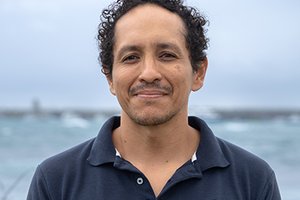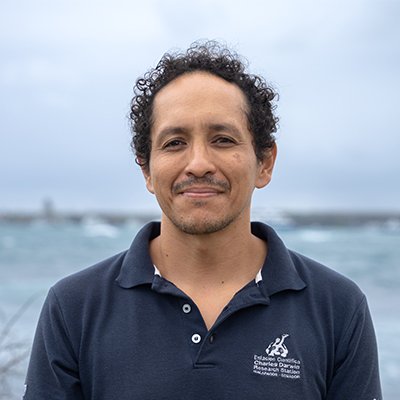
The contribution of the fishing sector to the economy and to human food has been widely documented. And during the COVID-19 pandemic, it was no exception. This season, one of the most important activities and sectors, for the sustenance and food for the human population of Galapagos, has been the local artisanal fishing.
Our artisanal fishers, in the Insular region, use sustainable fishing gear that allows them to extract the resource, and take advantage of its use, under regulations issued by the Galapagos National Park Directorate (GNPD). Additionally, by using fishing gear that does not cause impact to other non-target species such as sea turtles, sharks, manta rays, birds and marine mammals, many of them migratory species that have a high importance for tourism and that move through the Marine Reserve of Galapagos (GMR), contribute to its conservation.
However, species of fishing interest and those of interest to the tourism sector in Galapagos face permanent threats: such as marine pollution, the increase in seawater temperature, climate change, the incidental capture of marine animals such as sharks, stingrays, and illegal, unreported, unregulated fishing. The latter, a threat to the sustainable use of fishing resources that occurs due to non-compliance with national and international regulations that order fishing activity. This is evidenced in the disrespect of certain national and international fishing vessels to the existing regulatory frameworks.
Sixty-four percent (64%) of the ocean corresponds to international waters, which means that its jurisdiction does not correspond to any state. For this reason, the activities carried out in these spaces fall under the responsibility of the person who executes them and the morality that motivates doing what is correct. However, this is a dimension that governs the actions of any individual under the principle of free will. Therefore, marine spaces in international waters are places where the capture and verification of illegal activities are key to having evidence of the prohibited activity, which is required to initiate and complete legal processes.
All this gives us a perspective on the fishing activity and the need to comply with the laws that regulate it.
In July 2020, Global Fishing Watch (GFW) identified a fishing fleet of approximately 220 vessels, located 150 nautical miles (300 km approx.) south of the GMR. The marine traffic database and automatic identification system (AIS) were processed by the GFW and confirmed that several of the vessels originated from China, Panama, Taiwan and Ecuador. This fleet was carrying out fishing operations in the area corresponding to international waters, between the Exclusive Economic Zone (EEZ) of Ecuador in the Galapagos Islands and the EEZ of Ecuador in the continental part.
The position of the Ecuadorian State has been to not accept the interference of industrial fishing boats in international waters, between the EEZs of Ecuador, and to negotiate through diplomatic channels with the Government of China, to request that the vessels withdraw from the area. In that sense, Ecuador managed to accelerate the withdrawal of some Chinese-flagged vessels from this international fleet, which for several months (between September and November 2020) are withdrawn to their ports of origin, complying with the fishing moratorium in this area.
Learn more about this topic here https://storymaps.arcgis.com/stories/df0d1d1cccaa4ebabafae78b34af0912







